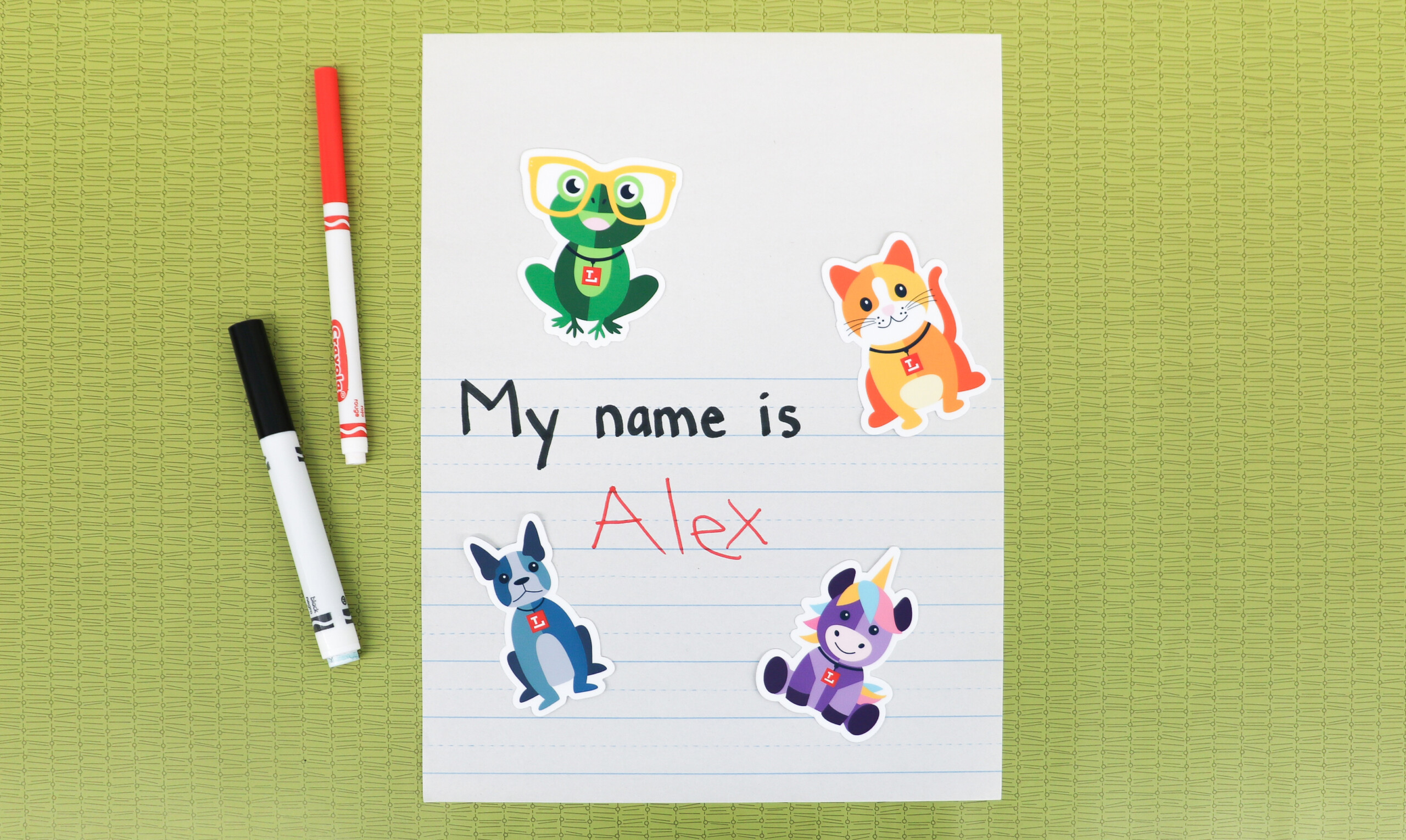Individual training: The Library’s Ready to Read team can help you learn research-based reading techniques so you can support your child become a strong reader. You will get a free kit with books and literacy materials.
Call 419.259.5253 for help.
You can also complete this training online and then fill out this quick form, to request your toolkit.
Storytimes: Kindergarteners can still enjoy Storytimes and they are a great way to have fun while reading. Choose from a variety of age groups and locations. View storytimes.
Get a free Library card! Make sure you have lots of books for reading to and with your child. Your Library card allows you to check out unlimited books and we don’t charge fees if you return your books late. Get a card today.
Let us get a stack of books for you. We can pick books for you! Tell us what topic you’d like and we’ll get a stack that you can pick up at your preferred location. Request books to read to your child.
Come play at the Library. All of our locations have play spaces just for children, including a huge children’s space at Main Library. These spaces are also a great place for you to get support from our librarians while meeting other parents and caregivers. Plan a trip today.
Library digital resources for kindergarteners:


